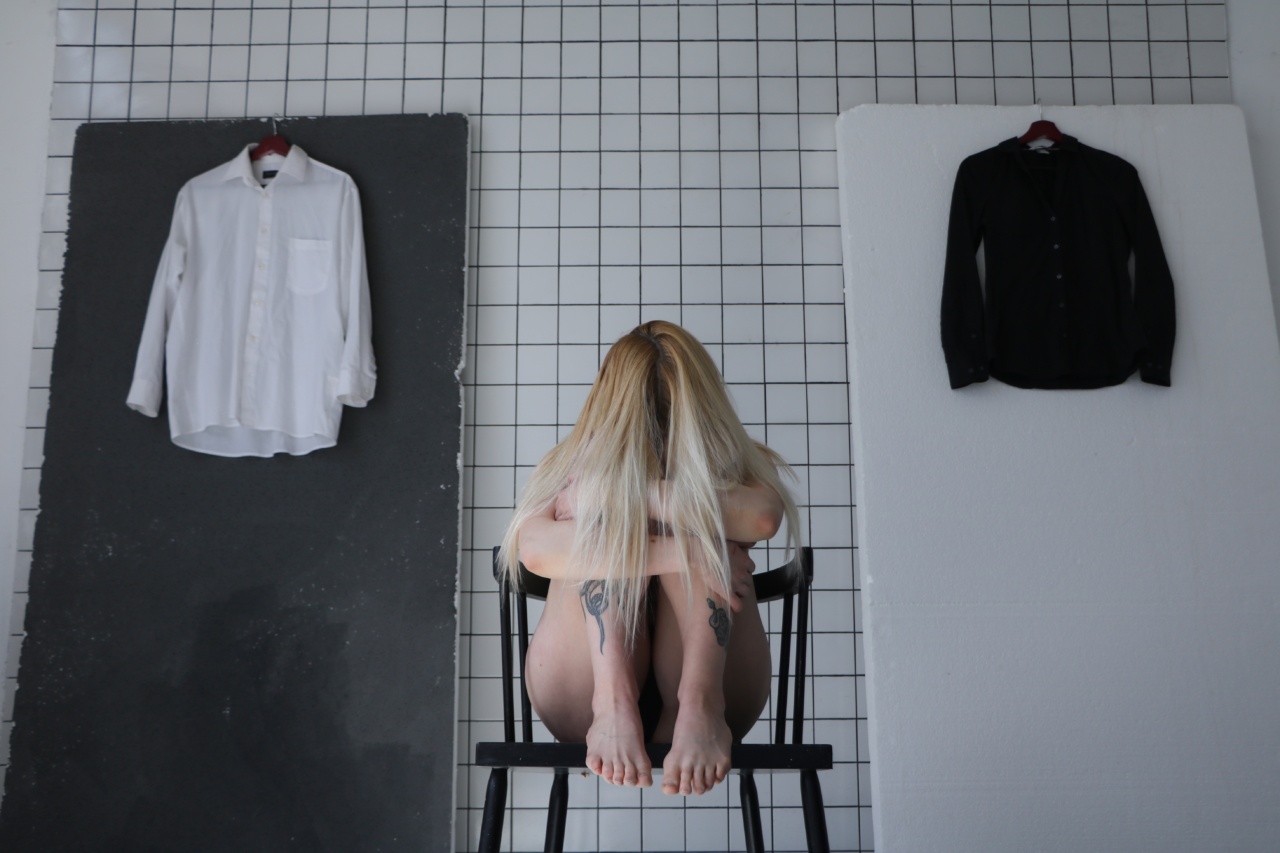Postpartum depression is a type of depression that affects women after giving birth. It is a common disorder that affects approximately 1 in 7 women in the United States.
Postpartum depression can develop within the first few weeks after giving birth, but it can also develop up to a year or more after birth.
What are the Symptoms of Postpartum Depression?
The symptoms of postpartum depression can vary from person to person, but they typically include feelings of sadness, anxiety, and hopelessness. Other symptoms may include:.
- Loss of interest in activities once enjoyed
- Insomnia or excessive sleeping
- Loss of appetite or overeating
- Difficulty concentrating or making decisions
- Feelings of worthlessness or guilt
- Thoughts of hurting oneself or the baby
What Causes Postpartum Depression?
The exact cause of postpartum depression is unknown, but there are a number of factors that may contribute to its development. These include:.
- Hormonal changes – After giving birth, a woman’s hormone levels drop significantly, which may trigger depression in some women
- History of depression – Women with a history of depression or other mental health disorders are at an increased risk for postpartum depression
- Stressful life events – The stress of caring for a newborn, sleep deprivation, and changes in family dynamics can all contribute to postpartum depression
- Lack of social support – Women who lack a support system may be at an increased risk for postpartum depression
Treatment for Postpartum Depression
Postpartum depression is a treatable condition, and there are a number of options available to women who are experiencing it. These may include:.
- Talk therapy – Talking to a mental health professional can help women work through their feelings and develop coping strategies
- Medication – Antidepressant medications may be prescribed to help manage the symptoms of postpartum depression
- Support groups – Joining a support group can provide women with a sense of community and validation in their experiences
It is important for women who are experiencing postpartum depression to seek treatment as soon as possible. Untreated postpartum depression can have long-term effects on a woman’s mental health and can impact her ability to bond with her baby.
How to Help a Loved One Who is Experiencing Postpartum Depression
If someone you love is experiencing postpartum depression, there are a few things you can do to help:.
- Offer emotional support – Listen to her and offer words of encouragement and validation
- Be patient – Recovery from postpartum depression can take time, so it’s important to be patient and supportive
- Help with tasks – Offer to help with household chores, cooking, or caring for the baby so that she can focus on her recovery
- Encourage her to seek treatment – Let her know that you support her and encourage her to seek professional help
Preventing Postpartum Depression
While it is not always possible to prevent postpartum depression, there are a few things that women can do to reduce their risk:.
- Get support – Build a strong support system of family and friends who can provide emotional and practical support after birth
- Take care of your physical health – Eat a healthy diet, get plenty of rest, and exercise regularly
- Seek treatment for depression – If you have a history of depression or other mental health disorders, talk to a mental health professional about ways to manage your symptoms after birth
Conclusion
Postpartum depression is a common disorder that affects many women after giving birth.
It is important for women to seek treatment if they are experiencing symptoms of postpartum depression, as untreated depression can have long-term effects on mental health. With the right treatment and support, women can recover from postpartum depression and enjoy a healthy, happy relationship with their new baby.



























